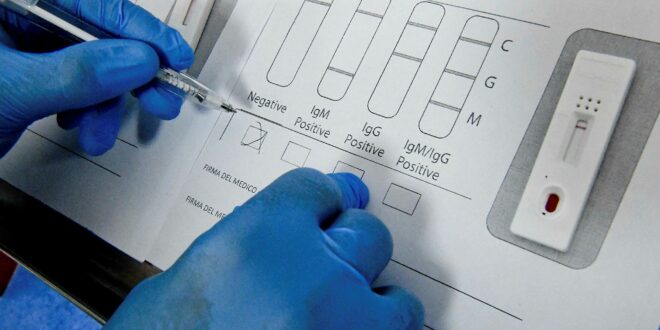Regular and rapid coronavirus testing has fast become a way of life for many over the last 18 months, but the hows and whys for taking tests are changing all the time. While everyone in the UK currently has free access to both Lateral Flow and PCR tests as required, those travelling must purchase privately-provided test kits from the likes of medicspot.co.uk and other certified providers. There are now lots of different types of Covid-19 tests, but what are they and in particular, what is an antibody test? Let’s investigate.
Table of Contents
The Different Types Of Covid-19 Tests
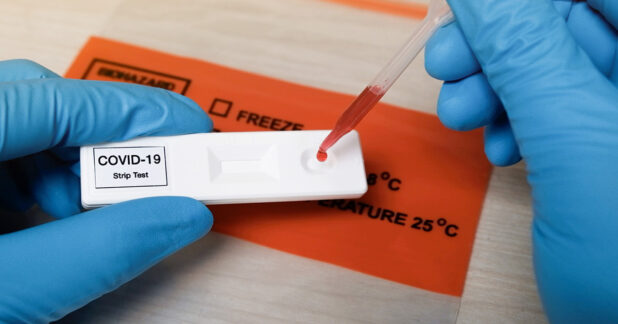
There are two main types of Covid-19 test available in the UK at the time of writing: PCR tests and Lateral Flow.
PCR tests are intended for anyone with symptoms of coronavirus to take. These are primarily provided by the NHS and can be booked at a drive-through or walk-in test site, or sent in the post to be taken at home. Anyone presenting with a fever, a new or continuous cough, or a loss of their sense of taste or smell should book and take a PCR test. Once booked, everyone in the household must isolate until the result from the test comes back as negative – usually in a 24hr timeframe.
Lateral Flow tests are intended for anyone with no symptoms of coronavirus to take. These are available for free to be ordered online or picked up at any NHS stockist. It is advisable that those who need to leave their house regularly or are in a work or childcare bubble take Lateral Flow tests twice a week. Lateral Flow tests deliver a quick result half an hour from the time they’re taken, and the results are to be logged online. If an individual develops coronavirus symptoms, or has a Lateral Flow test return as positive, they should take a PCR test urgently.
Both tests work by monitoring the viral load in the bodily fluids of saliva and mucus. PCR tests are more accurate as their results are studied and delivered from a laboratory, and Lateral Flow tests are not; but they are still a good indication of current infection.
Both of the abovementioned tests are available on the NHS as a public safety precaution, but there are situations in which test must be privately purchased, such as for non-essential travel. While it is expected that PCR tests will remain available on the NHS for those eligible long-term, there is speculation in the British press that Lateral Flow tests may soon be chargeable. There has yet to be any confirmation of this from government sources.
Covid-19 Test Results
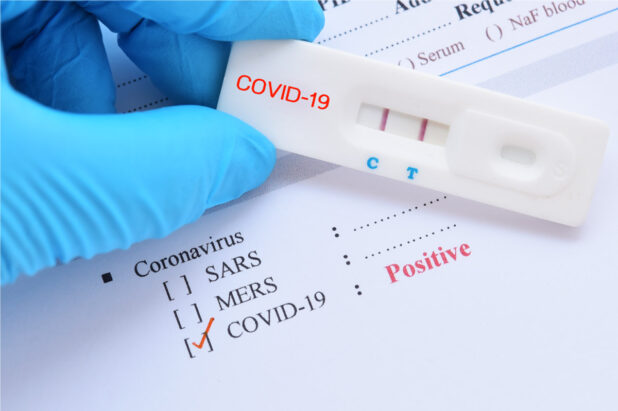
If you take a Lateral Flow test and the results are positive, you must log the result online and book in for a PCR test as a matter of urgency. Everyone in your household must isolate until a negative PCR result is returned. If the results are negative, there is no isolation requirement. If the results are void, you must take another Lateral Flow test as a matter of urgency.
If you take a PCR test and the results are positive, you and your household must isolate for a full 10 days. If the results are negative, your isolation period in waiting for the results can end. If the results are void, you must continue to isolate and book another test at the same test centre to take another.
Regardless of the test type, anyone with a positive result will be contacted by the Track and Trace service and any other related government or health professionals who will give advice and stay in touch for the duration of the isolation period.
Covid-19 Antibody Testing
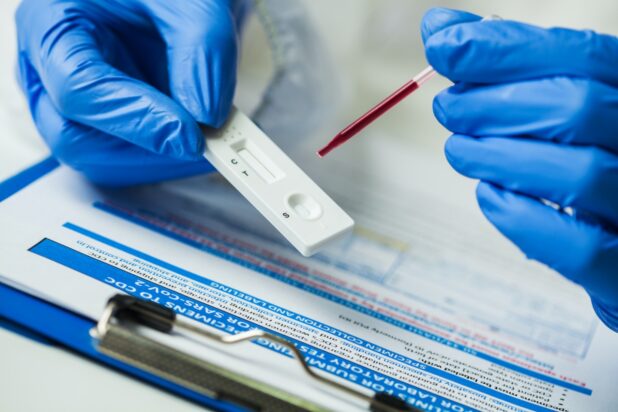
Covid-19 antibody testing is not currently widely available for the public, but was first introduced in trials in mid-2020. These tests are available on the NHS for those who are taking part in clinical trials or those who work in certain sectors of health and care services.
An antibody test is a blood test rather than a swab test, and detects the levels of antibodies created to the Covid-19 infection in the blood. This indicates whether or not an individual has had, and recovered from, coronavirus in the past, or if they have had a suitable vaccination. It does not identify when the individual had Covid-19, whether or not they are a ‘carrier’ of the infection, or if the antibodies will be able to offer them long term protection.
Covid-19 Antibody Test Results
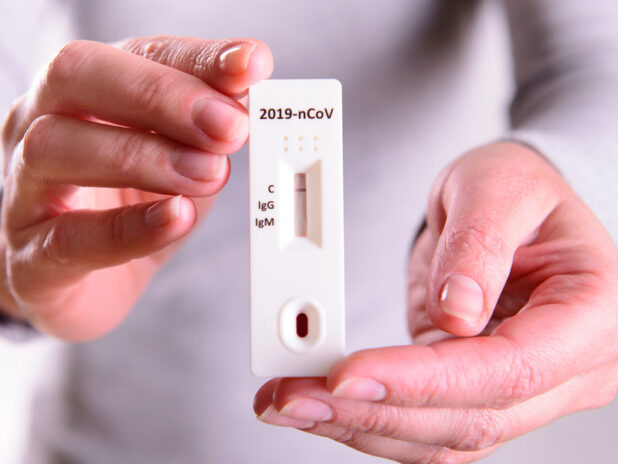
If you take a Covid-19 antibody test and the results are positive, it is likely that you have had coronavirus in the past and your body has built up a degree of natural immunity against it as a result, even if no symptoms were ever present. This does not necessarily mean that you are immune or unable to contract coronavirus in the future. It also is not 100% effective – as some people have had Covid-19 but for whatever reason, their body has not built up the antibodies we may expect to see in blood markers.
If you take a Covid-19 antibody test and the results are negative, it is unlikely that you have had coronavirus in the past. This does not necessarily mean you are more likely to contract it in the future.
What’s Next for Antibody Testing?
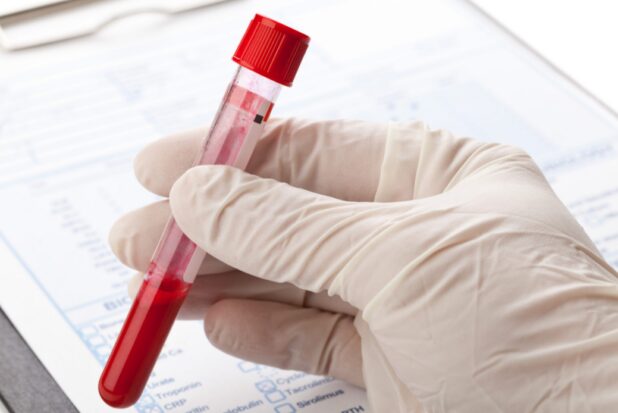
As the vaccination programme continues to roll out successfully, it is unlikely that we will see a great expansion in the usage of Covid-19 antibody tests, apart from perhaps to monitor the vaccine’s impact on these blood markers as part of continued trials. However, for those who wish to take them, there may be private providers who begin to offer them – although with new variants emerging that can ‘re-infect’ an individual, it is unclear to what end they would be taken.
One thing is for sure: hope is on the horizon! We need not reach herd immunity to keep others safe; instead, continue to keep your distance, wear a mask, and get your jab. Whether or not you have antibodies, you do have a duty to keep yourself and others safe.
 World Magazine 2024
World Magazine 2024
